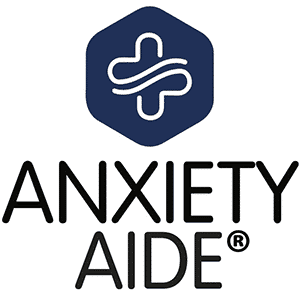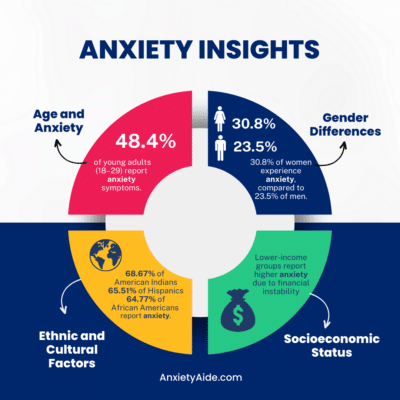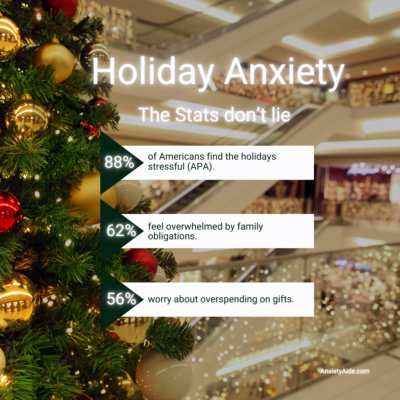1. Perform a “thinking task.”
Anxiety arises from limbic functioning. The limbic system is comprised of several brain regions, including the amygdale, to mediate functions such as emotional regulation and sustained attention, among others.
There is a feedback loop between the limbic system and the frontal lobes, which plays a significant role in executive functioning (e.g. problem solving, sequential processing, analysis and synthesis of information, plan making). When frontal regions increase in activity, limbic regions decrease in activity. Hence, when we become involved in executive activities, our emotionality tends to regulate.
2. Exercise
Anxiety engages the “hypothalamic-pituitary-adrenal axis” (i.e. the HPA axis). The HPA axis controls the body’s response to stress. When the HPA activity becomes elevated, large amounts cortisol is produced and released. The presence of high levels of cortisol corresponds with inefficient cognitive processing. Exercise “burns off” cortisol in the body. Exercise also causes large muscle groups to relax, and often serves as an effective distraction from self monitoring.
3. Sleep and diet
The brain requires resources for typical daily function. With inadequate sleep or nutrients, cognitive efficiency drops. Not only may this manifest in impaired executive functioning, but may also lead to inefficient emotional regulation.



